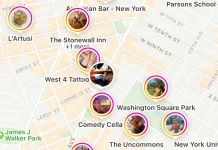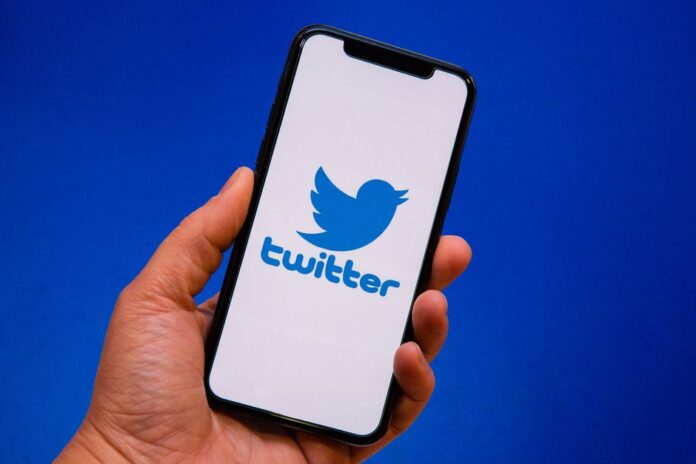The micro-blogging app Twitter announced a major privacy policy update in a blog post as a part of Twitter’s ongoing efforts to build tools with privacy and security at the core. The new privacy policy update includes updating their current private information policy and expanding its scope to include private media.
Read more: New Twitter CEO Parag Agrawal Gets Slammed for a Decade-Old Tweet
Twitter privacy policy update bans private pictures posting
The latest privacy policy update by Twitter will let private individuals request takedowns of pictures or videos featuring them. The statement from Twitter’s blog post reads, “Under our existing policy, publishing other people’s private information, such as phone numbers, addresses, and IDs, is already not allowed on Twitter. This includes threatening to expose private information or incentivizing others to do so.”
The Twitter safety blog post further reads, “Sharing personal media, such as images or videos, can potentially violate a person’s privacy and may lead to emotional or physical harm. The misuse of private media can affect everyone, but can have a disproportionate effect on women, activists, dissidents, and members of minority communities.”
Beginning today, we will not allow private media sharing, such as images or videos of private individuals, without their consent. Publishing people’s private info is prohibited under the policy, threatening or incentivising others to do so.https://t.co/7EXvXdwegG
— Twitter Safety (@TwitterSafety) November 30, 2021
The violation of policy
In its latest privacy policy update, Twitter has barred users from sharing the following types of private information or media without the permission of the person to who it belongs:
- Home address or physical location information, including street addresses, GPS coordinates, or other identifying information related to locations that are deemed private;
- Identity documents, including government-issued IDs and social security or other national identity numbers;
- Contact information, including non-public personal phone numbers or email addresses;
- Financial account information, including bank account and credit card details; and other private information, including biometric data or medical records;
- Media of private individuals without the permission of the person(s) depicted.
Source: Twitter Blog


























